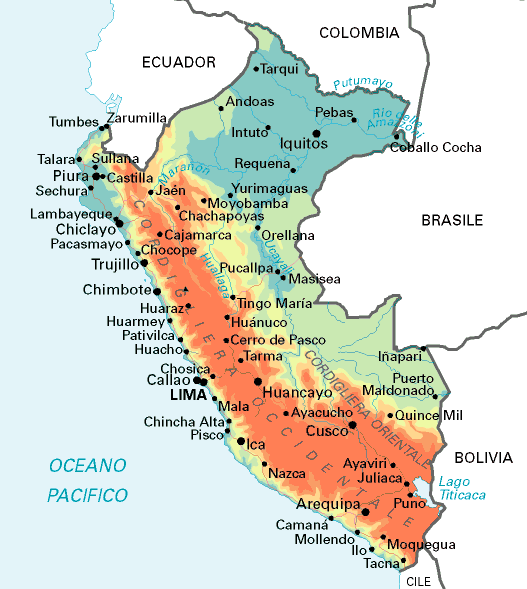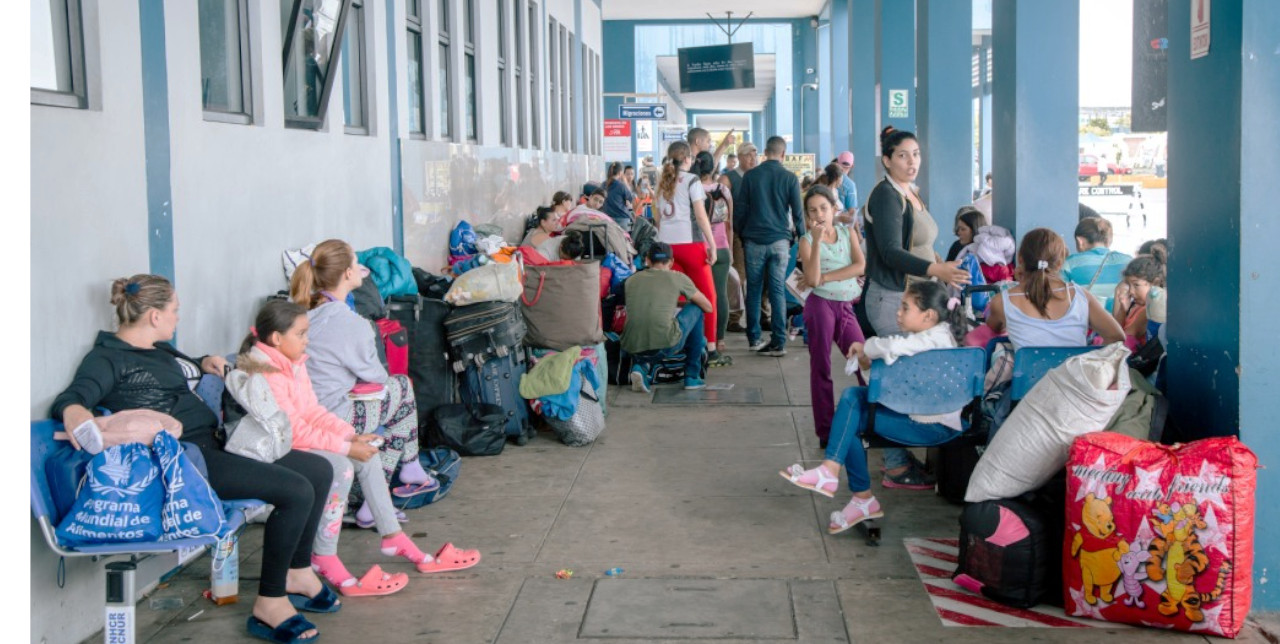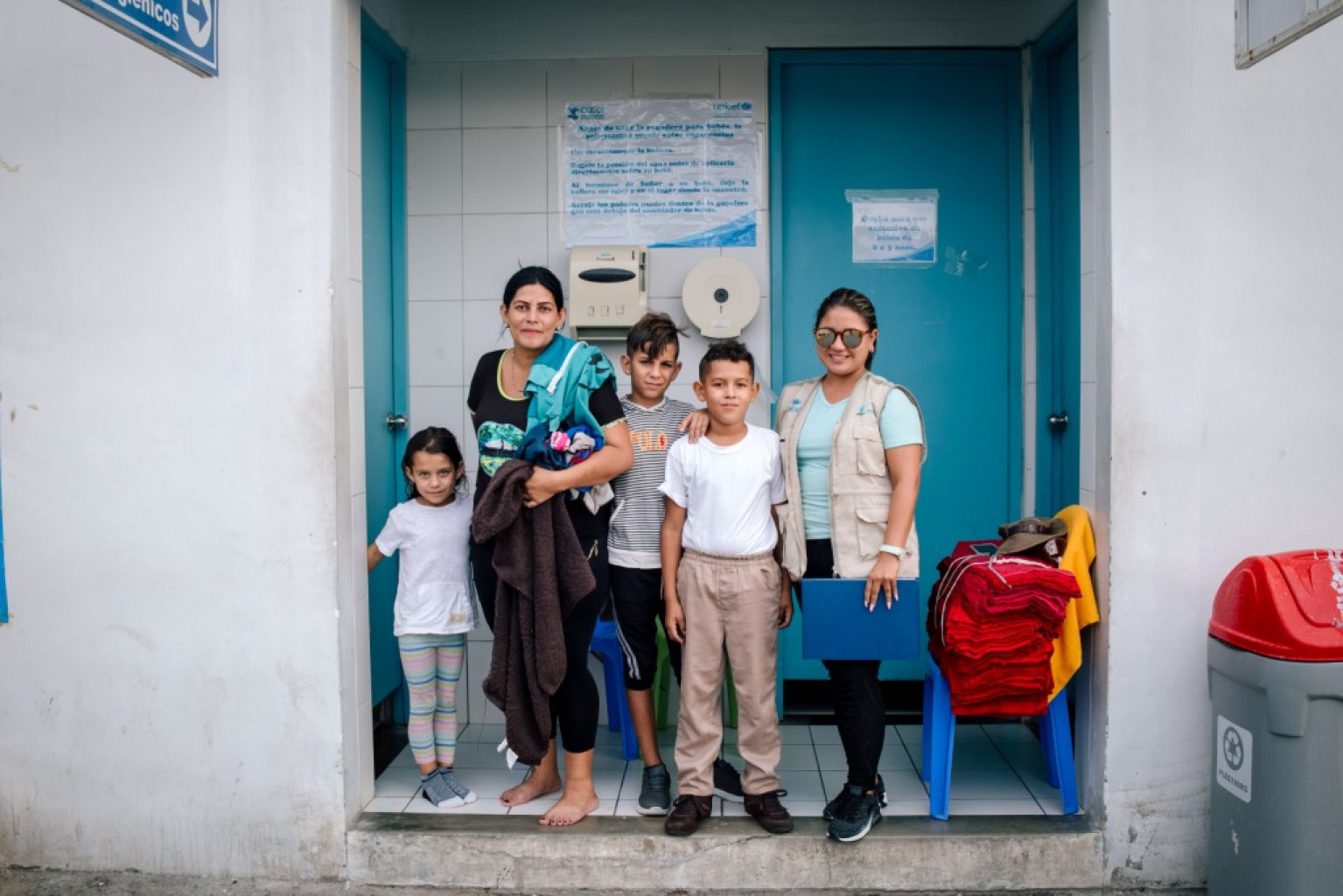19-03-2019 | di COOPI
Peru: "I will tell you the Venezuelan migration crisis"
The "Flow monitoring of Venezuelan migration in Peru" enters its third cycle. According to the study, conducted by IOM, the International Organization for Migration, who is also our donor for our "Humanitarian assistance to the Venezuelan population on the northern border of Peru" project, most of the people who are migrating over the last two years are young couples, aged between 18 and 24, with young children in tow.
"Migrants arrive at the Binational Border Centre – CEBAF – at any time of the day and night. In some cases, they arrive after having travelled for 5, 6 or 7 days in a row. This journey is physically, emotionally and psychologically stressful for everyone, especially for women and children," explains Alberto Trentini, our emergency response coordinator in the region of Tumbes, in northern Peru.
"90% of Venezuelan migrants enter the country by land, by crossing the northern border, in Tumbes. Then, they head to major cities, such as Lima, Piura, Trujillo, Arequipa. About 1,000 people arrive to Tumbes alone every day and the numbers are expected to increase.

We assist migrants coming from Venezuela, who have been travelling 3,500 km through Colombia (Cucuta-Rumichaca) and Ecuador (Tulcan-Huaquillas). Heat and weather conditions can be unbearable - people do not have any money and they have not eaten for days.
They may also take on humiliating and exhausting jobs to collect money for the journey. This is a critical situation, especially for women, who often face sexual abuse or other types of violence.
When they arrive, they do not have the resources to meet even their most basic needs and their sanitary conditions are compromised. This is why we are active in Tumbes with two projects - one aims at ensuring the health and hygiene of migrant families with Unicef and the other one aims at providing first assistance with IOM.
With IOM,” explains Alberto Trentini, “COOPI offers temporary hotel accommodation for the most vulnerable migrants and transports to other cities in Peru, where these people can join their family members. Our interventions primarily address families with minors in tow, but also unaccompanied minors, pregnant or breastfeeding mothers, elderly people, people with disabilities.”
COOPI is being active in Tumbes since November 2018, but our organisation has been involved in several other projects in Peru since 2000. By the end of March, we aim to offer an overnight stay to about 5,000 people in transit, while 5,000 migrants have already been helped to reach their final destination within Peru.




 Peru
Peru
